Impression products Inc and Lexmark International Inc were in a patent exhaustion battle in court on May 30th, 2017. Lexmark took Impression to court on an alleged infringement on their patents because Impression did not receive authorization to resell and reuse their cartridges.
KEY TAKEAWAYS:
- Lexmark sells two distinct printer cartridge versions: regular at full-price and discounted cartridges.
- The Supreme Court reversed the ruling by the Federal Circuit that post-sale restrictions are enforceable through a patent infringement.
- Patent owners have the freedom to apply restrictions on the post-sale and resale of their products.
Impression made a case under the doctrine of exhaustion that it was not infringing on reselling Lexmark cartridges because Lexmark was transferring the title once their products were off the shelf. The district court agreed with Impression’s motion to dismiss the case because the rights of Lexmark were exhausted once the sale of the cartridge was authorized. However, the motion by Impression did not go through when it came to cartridges sold to foreign countries. This all comes back to the debate about the right to repair.
Background of the Case Between Impression Products Inc v Lexmark International Inc
Lexmark is a company that produces and sells printers and cartridges around the world. In the U.S., it sells cartridges under two buying options:
- Regular: anyone can purchase the cartridge at full price without any restrictions.
- Return program: anyone can buy the cartridge at a 20% discount. The restriction is that the buyer will not reuse or transfer the cartridge to any company other than Lexmark once the cartridge is empty.
Insider Tip
Impression products Inc and Lexmark International Inc were in a patent exhaustion battle in court on May 30th, 2017.
Impression Products gathered the cartridges sold in U.S. and abroad that were under the return program, refilled them, and then resold them to the U.S customers.
The aftermath was that Lexmark sued Impression for selling their return-program cartridges to its U.S. customers, which was an infringement of its U.S. patents. The response from Impression Products argued that the sale of cartridges by Lexmark in the U.S. and abroad exhausted the manufacturer’s patent rights. However, according to the Federal Circuit, none of the rights of Lexmark was exhausted. As a result, Impression appealed to the U.S. Supreme Court. You may also be interested in another court statute in Massachusetts termed Question 1.
The Federal Circuit Ruling
The first ruling by the Federal Court stated that when a buyer is informed about use restrictions at the time of purchase, the patent owner’s rights are not exhausted. Thus, the manufacturer still has control of the product even after the sale is complete. Further clarification from the court indicated that the patent owner’s rights to control the use of the product are not exhausted in overseas sales, even if the sale authorization came from the owner. Therefore, any purchaser or user of the cartridge is under the restriction of Lexmark during the initial purchase.
The Reversal of the Rule by the Supreme Court
The supreme court overruled the Federal Circuits decision by reversing it in a near-unanimous decision. Instead of using the 1952 Patent Act, which the Federal Circuit used, the Supreme Court used the common law principles. The eight voting justices ruled that the first domestic sale exhausted the patent rights of the manufacturer. Therefore, the patent holder has no more control once the ownership of the product is in the hands of the user. That may also mean that the owner has no proper guarantee or warranty that works.
Insider Tip
Impression made a case under the doctrine of exhaustion that it was not infringing on reselling Lexmark cartridges because Lexmark was transferring the title once their products were off the shelf.
F.A.Q.S
How does the supreme court ruling on Impression Products Inc v Lexmark International Inc affect patent owners?
Although patent owners can place restrictions on their products post-sale, the enforcement of the agreements can only be done by contract law. They cannot achieve that with the infringement suit.
What is a shrinkwrap license?
It is an end-user agreement in a plastic wrap that accompanies software concerning copyright work. It includes conditions of sale and pre-drafted terms that end-users need to agree on before using the software product.
What is exhaustion doctrine?
The exhaustion doctrine is also known as the first sale doctrine. It is a common law patent doctrine in the USA that restricts the extent of control that patent holders can exercise on an article of a patented product after an authorized sale.
STAT: A return-program cartridge attracts approximately 20% discount, and it has restrictions post-sale. The end-user may not reuse the cartridge once it is empty, and they may not transfer it to another person. (source)
REFERENCES:
- https://en.wikipedia.org/wiki/Impression_Prods.,_Inc._v._Lexmark_Int%27l,_Inc.
- https://www.law.cornell.edu/supremecourt/text/15-1189
- https://www.supremecourt.gov/opinions/16pdf/15-1189_ebfj.pdfr
- https://www.oyez.org/cases/2016/15-1189
- https://jolt.law.harvard.edu/digest/impression-v-lexmark-supreme-court-reverses-federal-circuit-limits-scope-of-post-sale-patent-rights











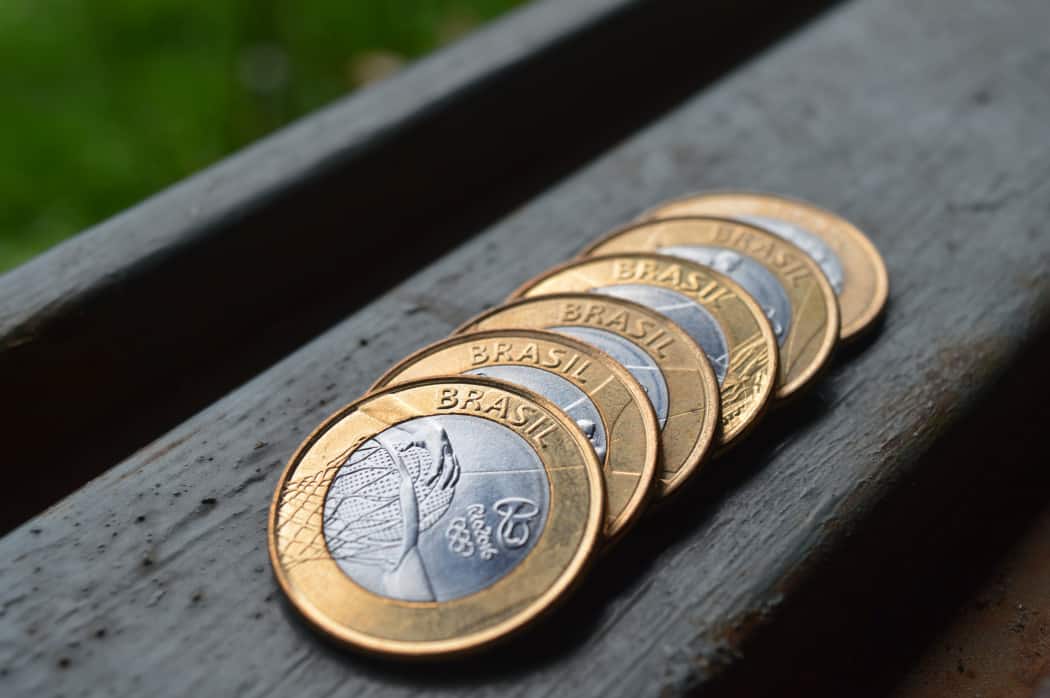

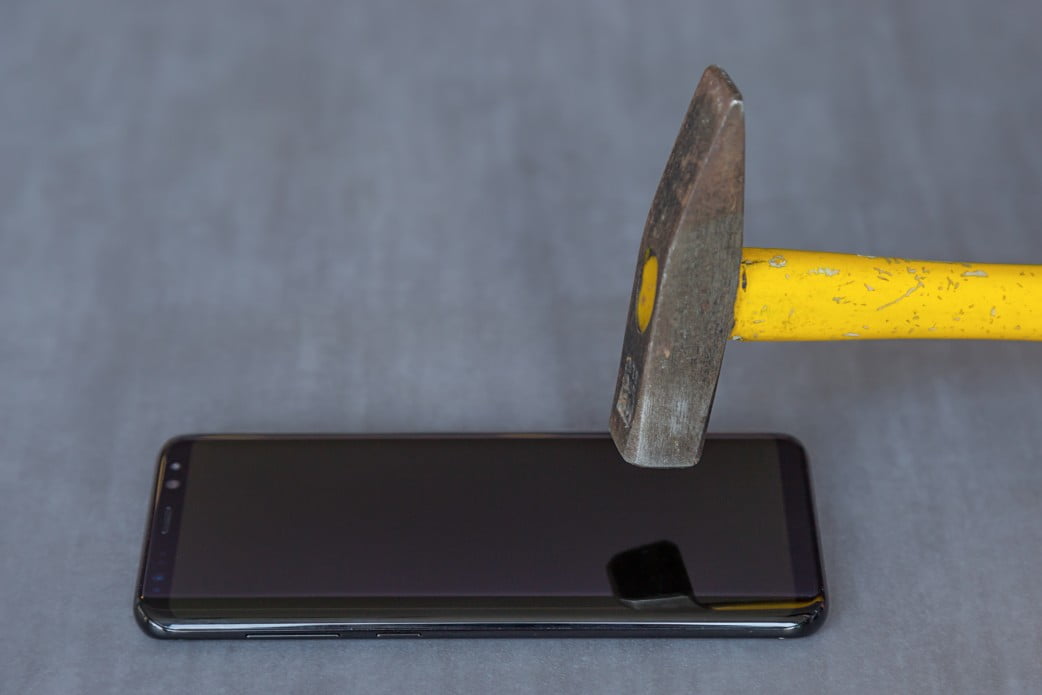

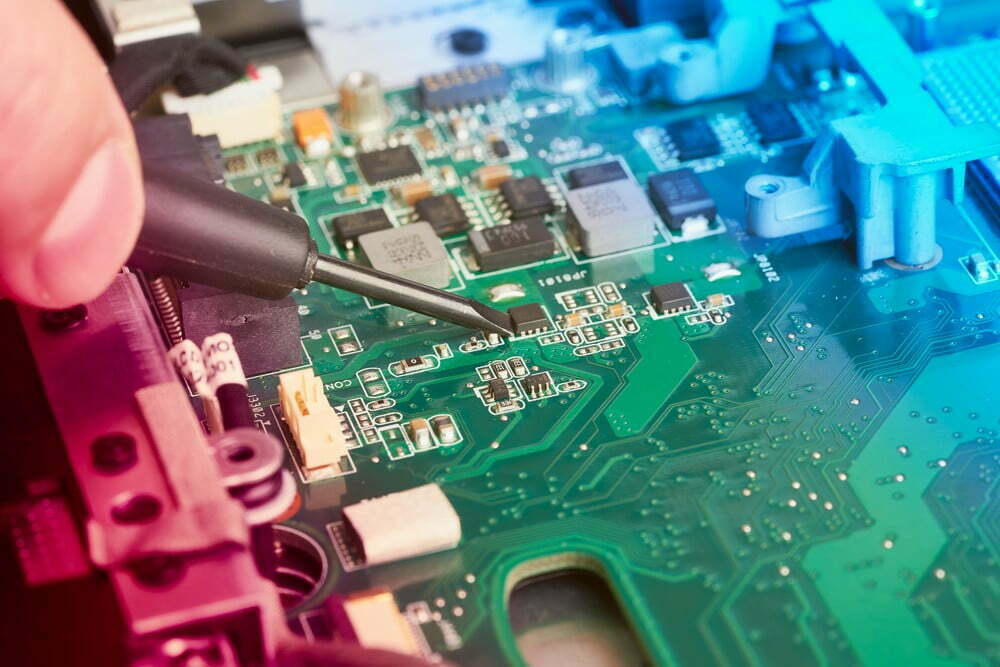




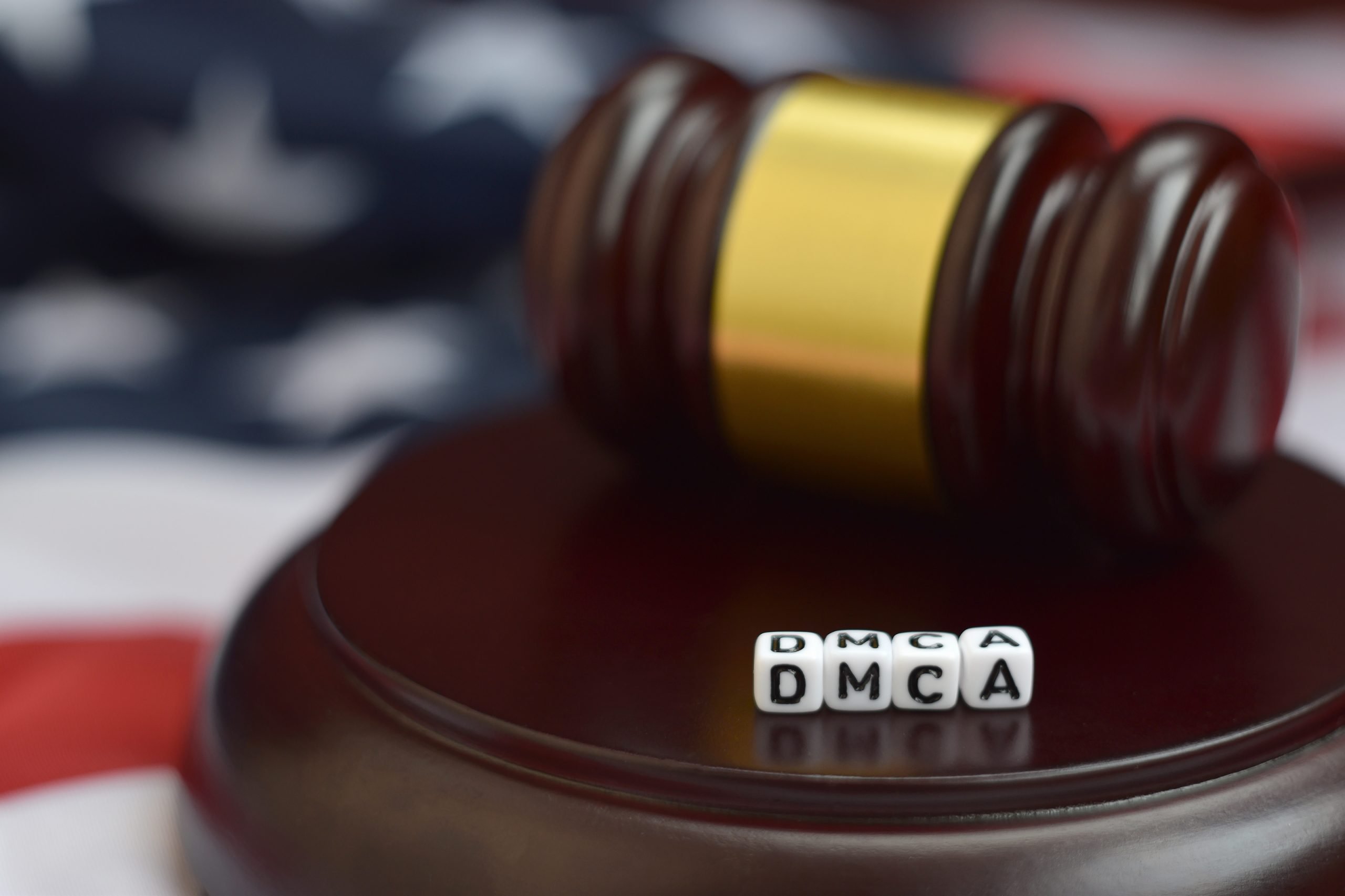
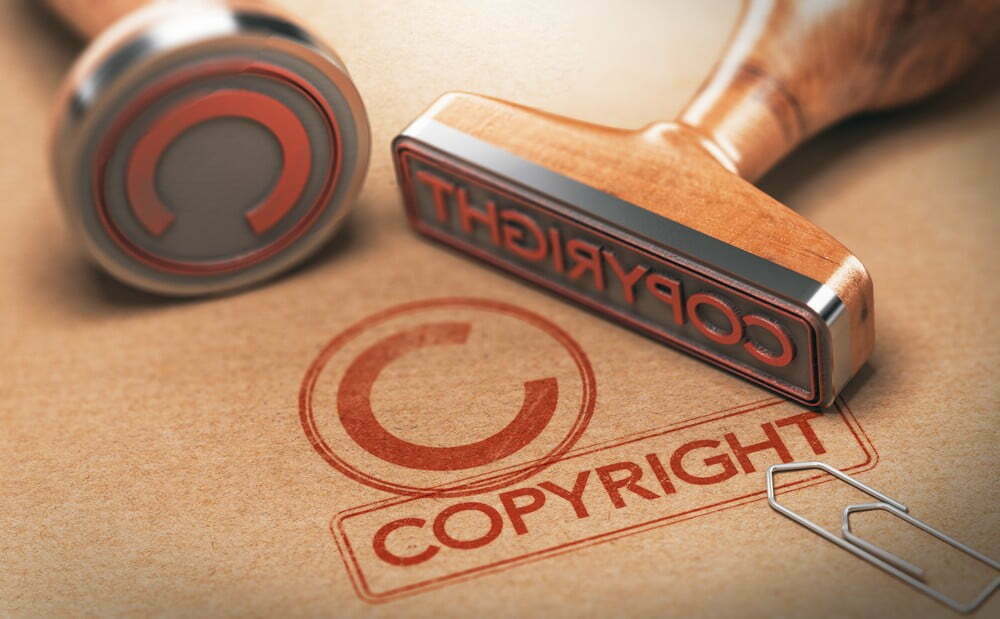


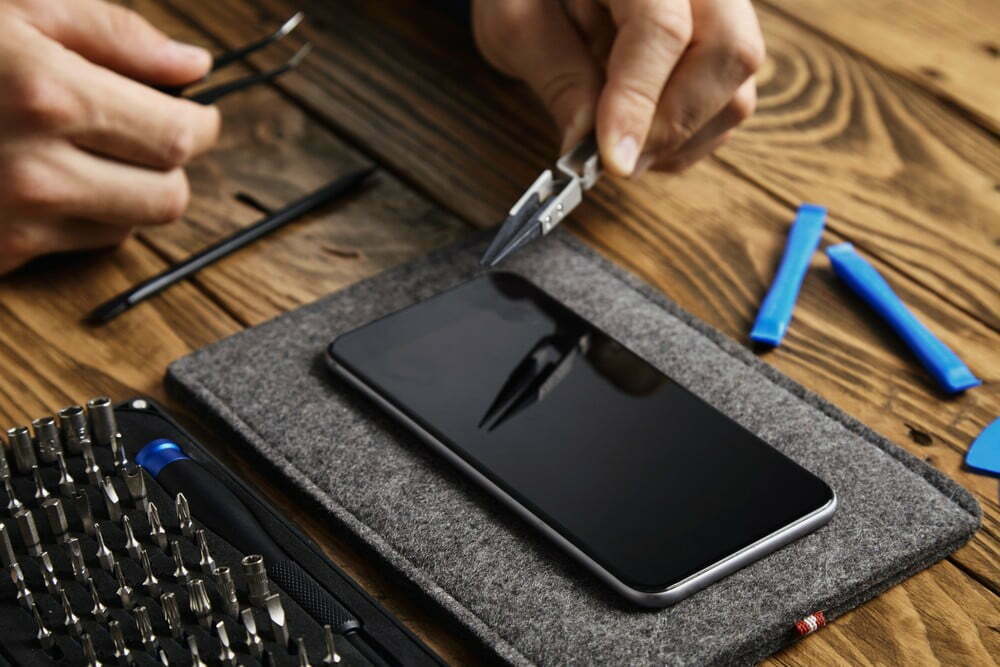



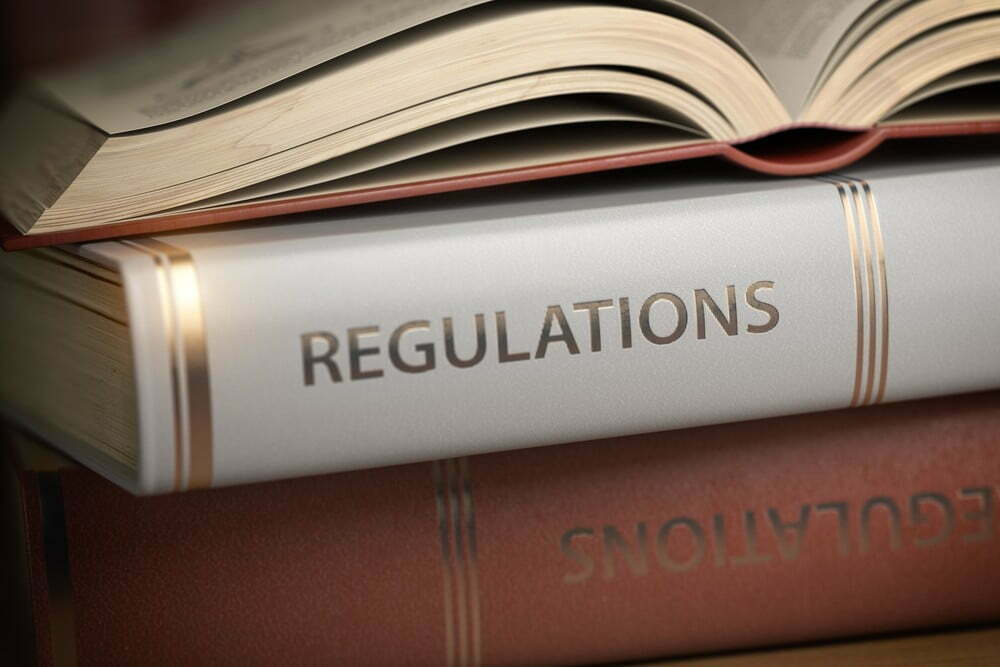
![Best Renters Insurances in [year] 22 Best Renters Insurances in 2025](https://www.gadgetreview.dev/wp-content/uploads/best-renters-insurance-image.jpg)
![Best Computer Repair Kits in [year] 23 Best Computer Repair Kits in 2025](https://www.gadgetreview.dev/wp-content/uploads/best-computer-repair-kit-image.jpg)
![Best Smartphone Repair Kits in [year] 24 Best Smartphone Repair Kits in 2025](https://www.gadgetreview.dev/wp-content/uploads/best-smartphone-repair-kit-image.jpg)
![Best iPhone Repair Kits in [year] 25 Best iPhone Repair Kits in 2025](https://www.gadgetreview.dev/wp-content/uploads/best-iphone-repair-kit-image.jpg)
![Best Windshield Repair Kits in [year] 26 Best Windshield Repair Kits in 2025](https://www.gadgetreview.dev/wp-content/uploads/best-windshield-repair-kit-image.jpg)
![Best Dent Repair Kits in [year] 27 Best Dent Repair Kits in 2025](https://www.gadgetreview.dev/wp-content/uploads/best-dent-repair-kit.jpg)